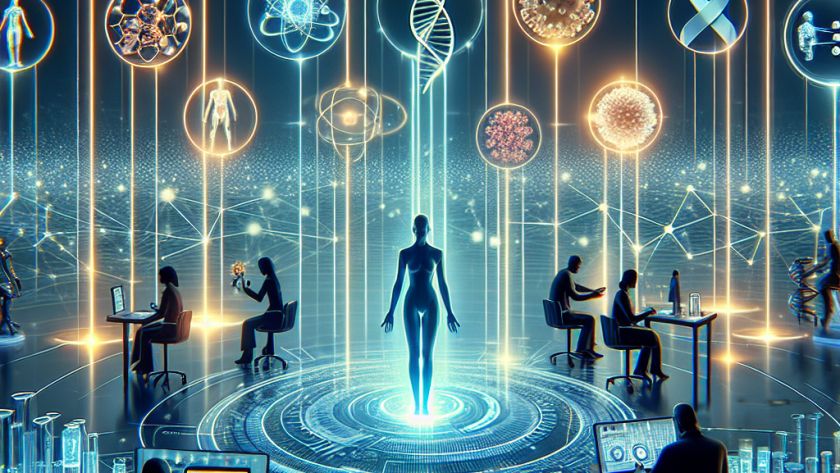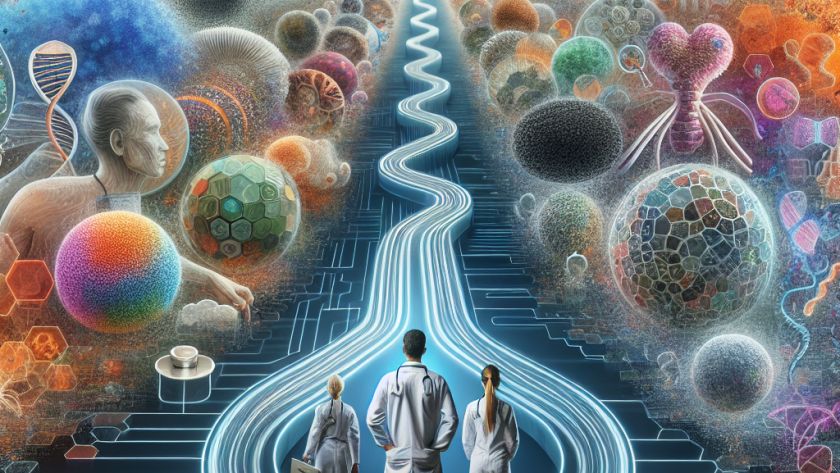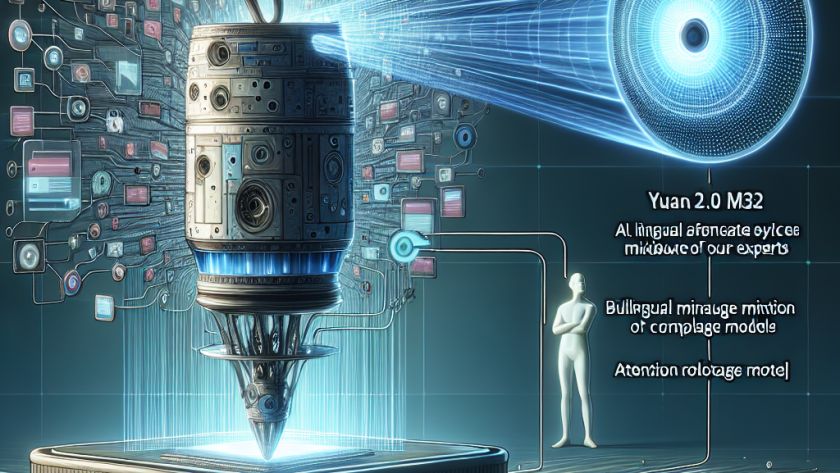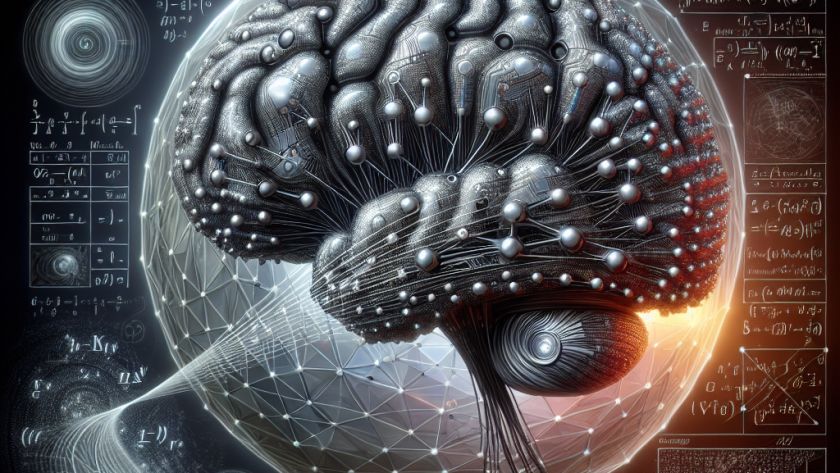



The evolution of machine learning algorithms has led to speculations about job displacement, with AI demonstrating capabilities that outperform human expertise in some arenas. Nevertheless, claims have been made that humans would remain vital, especially in tasks requiring fewer examples to learn from, like identifying rare diseases in diagnostic radiology or managing unusual scenarios for…

A research team from IEIT Systems has recently developed a new model, Yuan 2.0-M32, which uses the Mixture of Experts (MoE) architecture. This complex model is built on the same foundation as the Yuan-2.0 2B, but with utilization of 32 experts, only two of whom are active at any given time, resulting in its unique…

Artificial Intelligence (AI) is increasingly being used in legal research and document drafting, aimed at improving efficiency and accuracy. However, concerns regarding the reliability of these tools persist, especially given the potential for the creation of false or misleading information, referred to as "hallucinations". This issue is of particular concern given the high-stakes nature of…

Language and Large Model (LLM) research has shifted focus to steerability and persona congruity with complexities, challenging previous research simply based on one-dimensional personas or multiple-choice formats. A persona's intricacy and its potential to multiply biases in LLM simulations when there's lack of alignment with typical demographic views is now recognized.
A recent research by…




Deep learning (DL) model training often presents challenges due to its unpredictable and time-consuming nature. Determining when a model will finish training or foreseeing if it may crash unexpectedly can be difficult, leading to inefficiencies, especially during manual monitoring of the training process. While some techniques, such as early stopping and logging systems, do exist…


